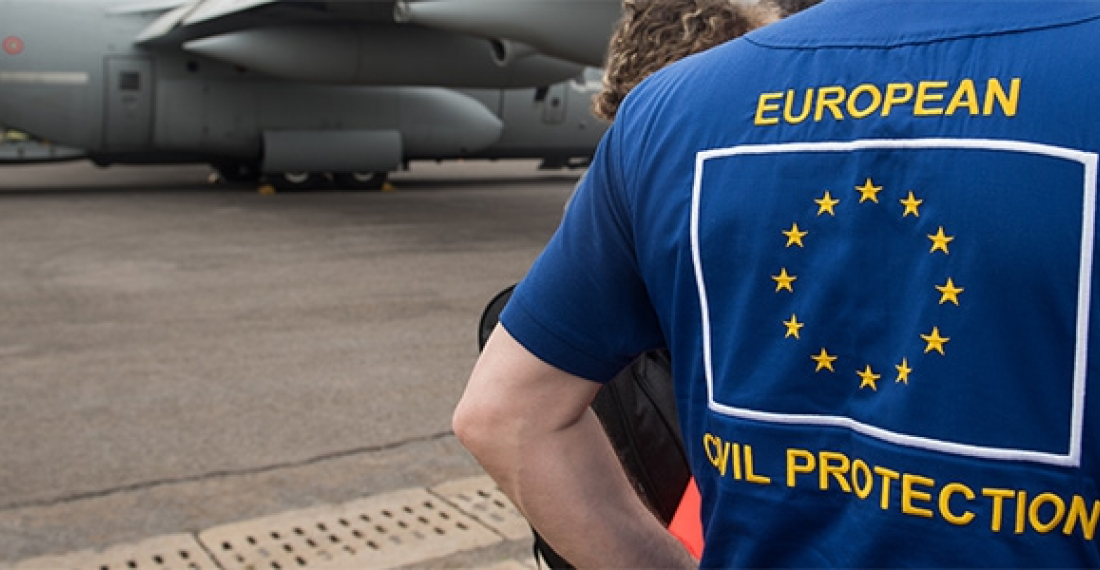The European Union is providing 170,000 EUR (over 17.5 million KGS) in humanitarian funding in response to the armed conflict that marred Kyrgyzstan’s southwestern border province of Batken in late April. The aid will benefit at least 6,000 people in some of the worst-hit areas in the districts of Batken, the provincial capital, including the Leilek District.
Thirty-six people were killed, nearly 160 injured, and over 40,000 forced to flee their homes in the Batken region after a water facility dispute escalated into armed clashes between Kyrgyz and Tajik forces on 28-29 April 2021. The violence also led to the destruction of houses, schools and other public facilities, causing many to lose their homes and sources of livelihood. The conflict is further aggravated by the ongoing COVID-19 pandemic, which has resulted in rising unemployment and inflation. Although both countries agreed to a withdrawal of troops from the border in early May and with many of the evacuees having already returned to their homes, the situation remains unpredictable in the border region.
The EU funding will be distributed through the Red Crescent Society of Kyrgyzstan in the form of targeted financial aid to help affected families meet their urgent humanitarian needs. Psychological support will also be provided, and other essential items such as emergency shelter supplies, first aid kits, hygiene products and household items will be provided. These funds form part of the overall EU contribution to the Emergency Disaster Relief Fund of the International Federation of Red Cross and Red Crescent Societies.






